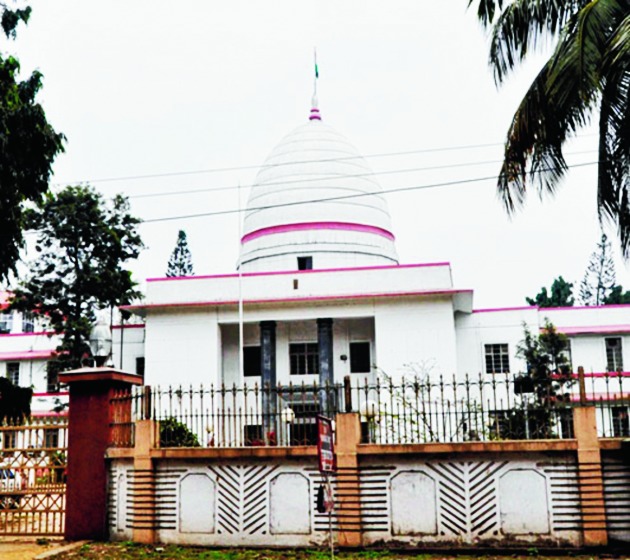Gauhati High Court has observed that the burden of proving citizenship was on the person making the claim, while dealing with a case of a woman declared foreigner by a foreigners tribunal in Upper Assam’s Jorhat.
A division bench of Justices Manojit Bhuyan and Parthivjyoti Saikia made the observation on February 18 while dismissing the writ petition filed by Nur Begum.
The court referred to Section 9 of The Foreigners Act, 1946, and held the petitioner could not prove linkage to any parent or relative residing in Assam before March 24, 1971.
The bench in two separate cases earlier this month also said electoral photo identity card (EPIC), land revenue receipts, PAN card and bank documents do not prove a person’s citizenship.
“As the primary issue in a proceeding under The Foreigners Act, 1946, and the Foreigners (Tribunals) Order, 1964, relates to determination as to whether the proceedee is a foreigner or not, the relevant facts being especially within the knowledge of the proceedee, therefore, the burden of proving citizenship absolutely rests upon the proceedee, notwithstanding anything contained in the Evidence Act, 1872. This is mandated under Section 9 of the aforesaid act, 1946. In the instant case and as observed above, the petitioner not only failed to discharge the burden but also utterly failed to make proof of the most crucial aspect, that is, in establishing linkage to her projected parents and/or the grandfather,” the court said.
Begum, whose birth year was claimed to be 1986, had produced eight documents, including her school-leaving certificate, caste certificate, voter lists referring to her projected grandparents and the voter ID of her projected mother to establish her case.
Begum claimed Raju Hussain as her father, whose name was included in the 1997 voter list. She also produced the voter list of 1966, in which the name of her projected grandfather Jenurathdin was included. The school-leaving certificate issued in 2000 was also produced, which showed her father as Raju Hussain. A caste certificate issued by the government in 2014, certifying the petitioner to be the daughter of Raju Hussain, and the voter card of one Jahorun Hussain, “mother” of the petitioner, was also produced. Jahorun also gave oral testimony.
For certificates issued by local authorities, the high court held the contents of such documents have to be proved through “legal testimony of the issuing authority”.
On the copies of voter lists that contained names of the petitioner’s family members, the court held that reflection of a name in a document was insufficient and without relevance, if the petitioner was unable to connect herself to them by cogent, reliable and admissible document/evidence. It also discarded the oral testimony of her projected mother.
“We would reiterate that in a proceeding under The Foreigners Act, 1946, and the Foreigners (Tribunals) Order, 1964, the evidentiary value of oral testimony, without support of documentary evidence, is wholly insignificant. Oral testimony alone is no proof of citizenship. The evidence of DW-2, thus, falls short of being considered as cogent, reliable and admissible evidence, so much so, to establish linkage of the petitioner to the projected grandfather, grandmother and father. The petitioner utterly failed to prove her linkage to Indian parents relatable to a period prior to the cut-off date of 25.03.1971 through cogent, reliable and admissible documents,” the court said, adding it found “no infirmity in the findings and opinion recorded by the tribunal”.











